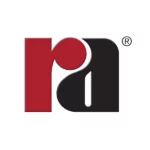Home » News & Articles » What Are Raw Material Surcharges?
The raw material surcharge is an additional charge added to the base price of alloys. Its purpose is to offset the fluctuating costs and rapid rise or fall of raw materials included in each alloy.
Backed by a knowledgeable on-site team and robust local delivery options, we can meet urgent material demands and keep production moving. Customers can also count on the same reliability and technical expertise they’ve come to expect from us—now with the added advantage of regional support.
Additionally, it’s easier than ever to get instant pricing, place orders, and track your shipments on your schedule at rolledalloys.com.
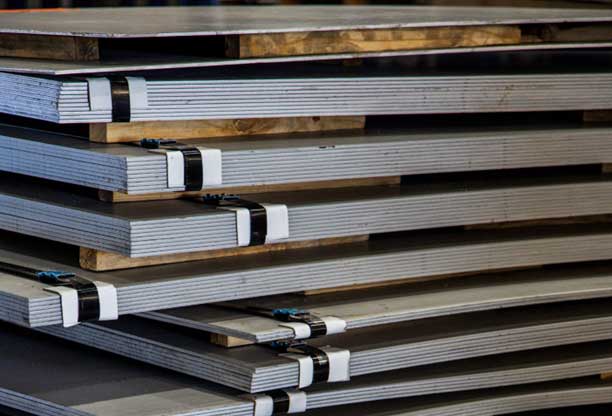
The demand for certain alloys can affect their base prices. This is due to economies of scale and varying levels of competition. However, aside from the effects of supply and demand, some alloys are more difficult to make than others. Yield losses are expected when producing these materials. Materials that are easy to produce tend to have yield losses of less than 15% of their starting weight. On the other hand, more difficult alloys and size combinations may lead to yield losses of 50% or more. Additionally, the product form and size impact the base price. The cost of producing a plate will differ from that of producing a bar in the same alloy. Thinner sections tend to be more expensive as they must undergo a greater number of processing steps. Finally, the base price is determined based on a targeted alloy content and a reference price for the individual alloying elements. Typically, the more alloyed a material is, the higher the base price.
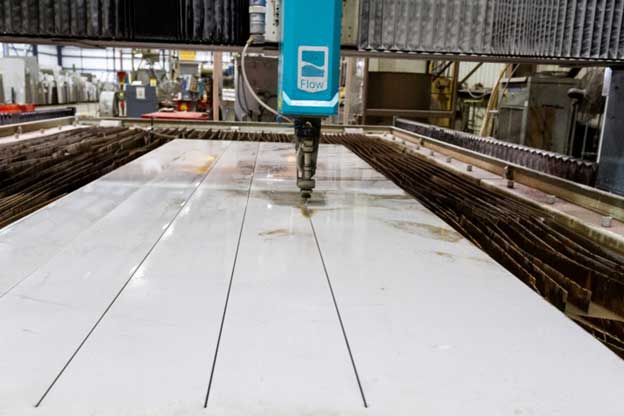
The surcharge is calculated by taking the difference between the reference costs or trigger point and the current elemental costs. Then, the actual surcharge is adjusted based on the percentage of the alloy’s elements and the anticipated production yield for a specific combination of alloy, product form, and size. The mills are affected by the fluctuation in production yield because of variances in the finished product’s weight compared to the starting weight. As economic situations change, mills make other provisions to account for such changes. For instance, they may add surcharges to account for the electrodes consumed when melting material or energy used in producing material, as shown in the table below.
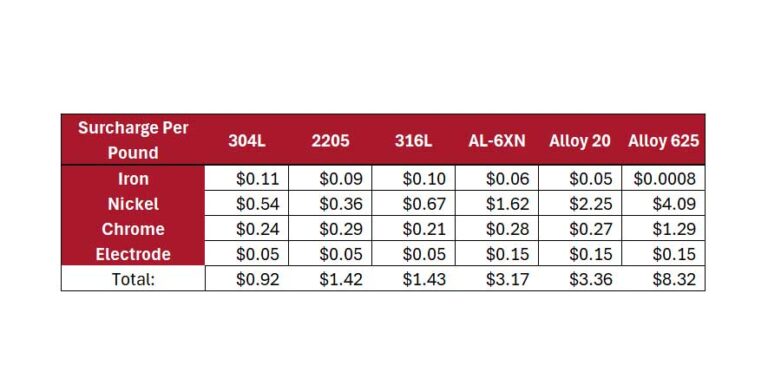
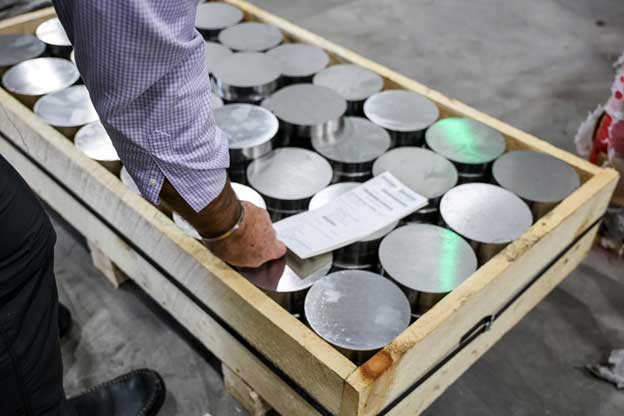
When items are purchased from inventory or for short-term purchases, the expected surcharge is usually included in the quoted price. Because of this, the surcharge is of less concern at delivery. However, firm prices are most often only offered for the base price on more extended lead-time purchases. The actual surcharge will be applicable at the time of shipment. As the material becomes more highly alloyed, the surcharge increases. This surcharge increase is shown in alloys with increasing alloying elements in the table above.
It is important to consider that when the cost of raw materials such as nickel or molybdenum increases, the relative cost ratios of alloys will also change. In the example above, the surcharge for duplex alloy 2205 is less than that of 316L. As the cost of nickel increases, the surcharge difference between these two alloys will also increase. These ratios can play a crucial role in optimizing equipment costs, especially when considering the total design life cycle costs.
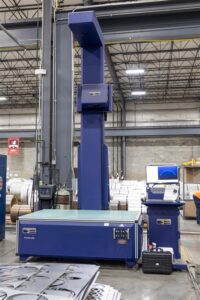
The Value of Cut Part Inspection
Modern metal fabrication demands fast, accurate cut metal inspection to keep up with high-volume production and tight tolerances
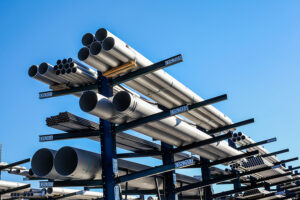
RA 253 MA® vs 309/310
Comparing RA 253 MA® and 309/310: Performance, Durability, and Applications
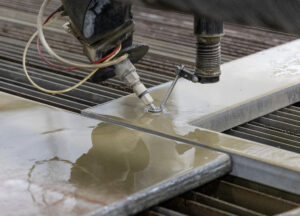
5-Axis Waterjet Beveling
A 5-axis waterjet cutting machine is an advanced CNC cutting tool that uses a high-pressure stream of water mixed with abrasive (usually garnet) to cut
Never Miss an Update - Subscribe Today!
Get application insights, material guides, and technical answers straight from the leaders in high-performance alloys.
Share:
QUOTE, BUY, TRACK
We make it easy to get instant pricing and purchase your metal at the click of a button. Track your order progress, get notified when it ships, and follow your shipment online until it’s delivered. It’s that easy!
Latest Articles
The Value of Cut Part Inspection
Modern metal fabrication demands fast, accurate cut metal inspection to keep up with high-volume production and tight tolerances
RA 253 MA® vs 309/310
Comparing RA 253 MA® and 309/310: Performance, Durability, and Applications
5-Axis Waterjet Beveling
A 5-axis waterjet cutting machine is an advanced CNC cutting tool that uses a high-pressure stream of water mixed with abrasive (usually garnet) to cut through metals and other materials.
AL-6XN Case Study
AL-6XN® Case Study AL-6XN® Resisted corrosive environments at indianapolis power and light for over 5 years Specifications UNS: N08367 ASTM: B 688, A
A Smarter Way to Order Metal Online
Introducing updates to the Rolled Alloys eCommerce experience designed for speed, clarity, and control.

